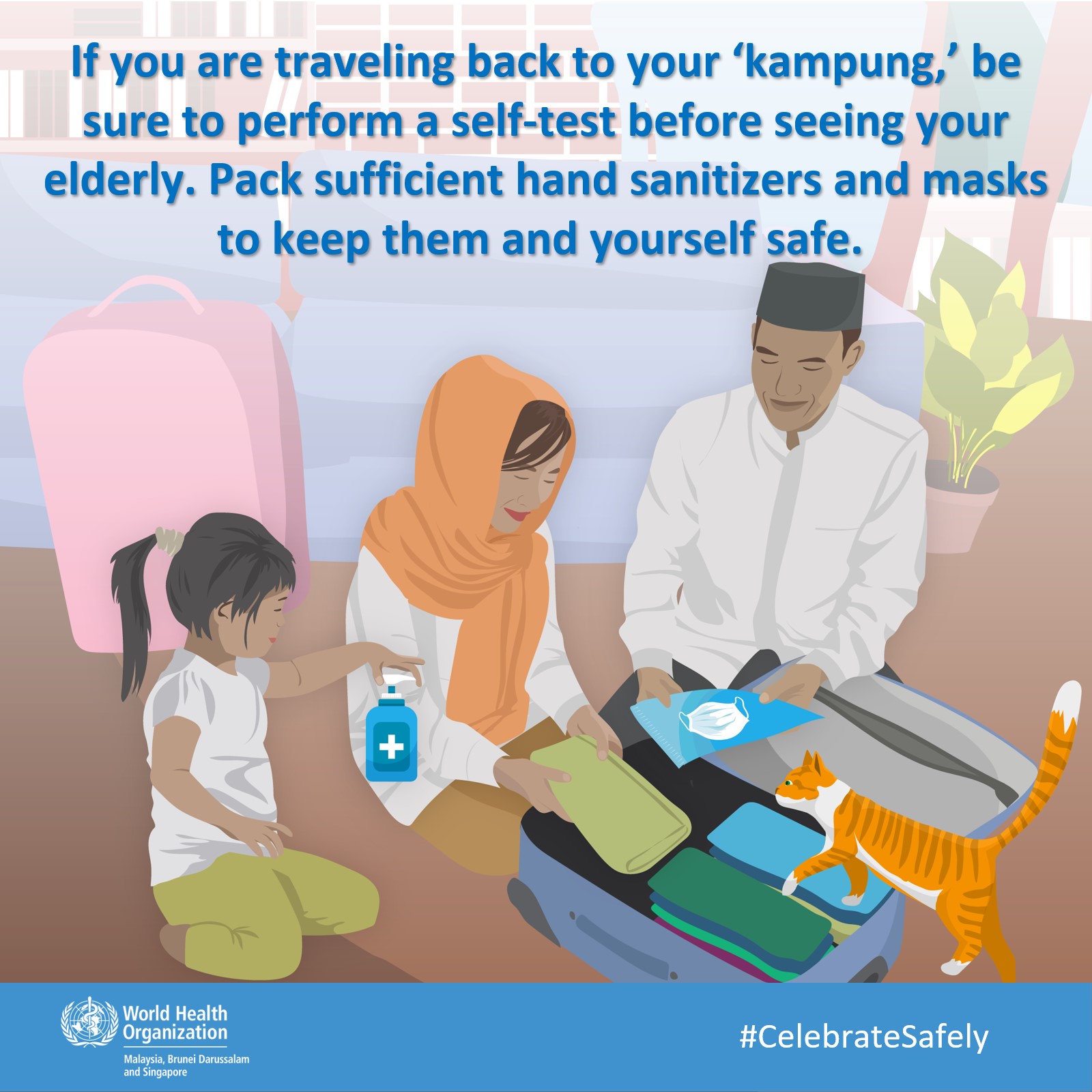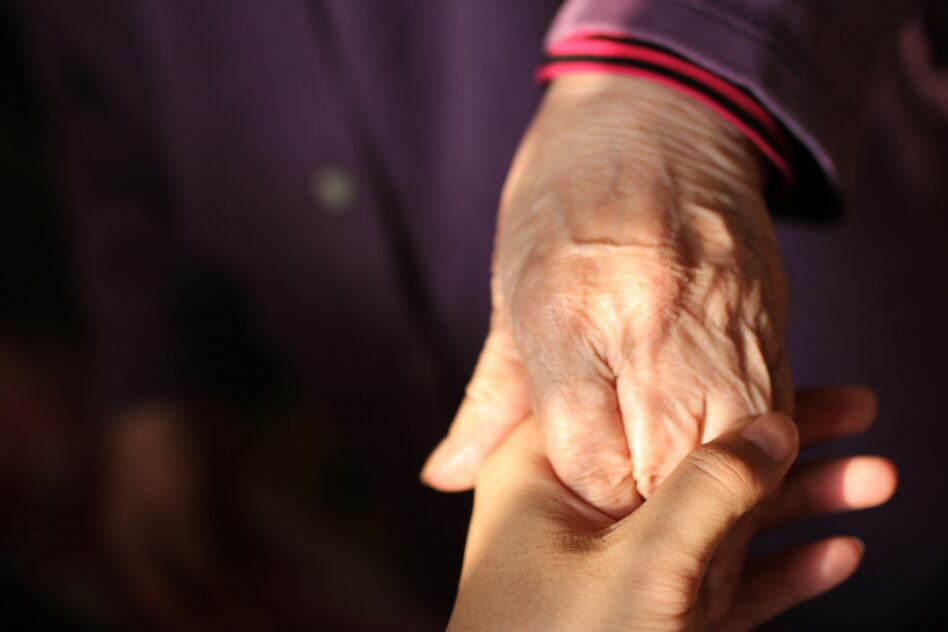THAT Sarawak has recently detected six COVID-19 cases caused by the more contagious Omicron subvariant XBB.1.16 a.k.a. Arcturus is testament basic precaution such as masking up and social distancing may be necessary to especially protect the elderly this festive season.
With Hari Raya Aidilfitri comes knocking tomorrow (April 22), the heightened risk associated with increased infection rate should not be undermined given the overall COVID-19 cases in the country is generally on the uptrend in recent times.
Northern neighbour Thailand is on alert against COVID-19 after having detected 27 cases of XBB.1.16 as of April 17 with one death reported.
“The deceased was an elderly foreigner with underlying health conditions. His death, therefore, may not directly reflect the severity of this subvariant but rather its impact on other risk factors,” pointed out Thailand’s Medical Sciences Department director-general Dr Supakit Sirilak.

Although there is no need to panic, the Thai health authorities have raised the alarm about XBB.1.16 by urging the public to keep their guard up.
In a nutshell, Arcturus is a subvariant of the Omicron bug that swept across the world last year. On March 22, the World Health Organization (WHO) listed XBB.1.16 as a variant under monitoring (VUM).
XBB.1.16 was first detected in January and has since become prevalent in dozens of countries. The US recently estimated that XBB.1.16 accounted for 7.2% of new COVID-19 infections.
Arcturus is also becoming the dominant subvariant in India where many patients have developed conjunctivitis or itchy pink-eye – a symptom that was missing in previous COVID-19 waves.
As of 20 April, the number of current active cases in India are 65,286. This marks a 12,591 increase in the last 24 hours – the highest jump in COVID-19 cases for the country in eight months. The huge 20% increase in only one day is being reasoned by the high transmission rates of Arcturus, which is believed to be 1.2 times more infectious.
The general perception of global health authorities currently is such that although XBB.1.16 is regarded as highly transmissible, it does not appear to cause more dangerous symptoms judging by the hospitalisation and fatality rates. – April 21, 2023









